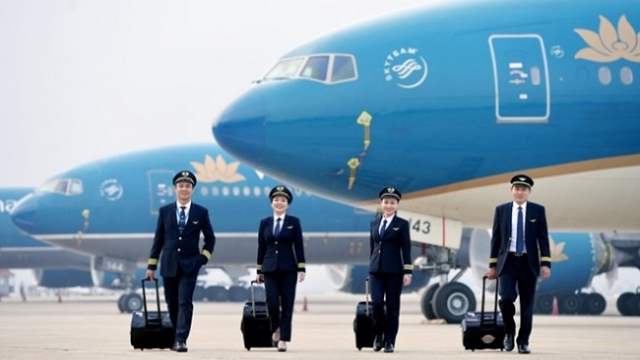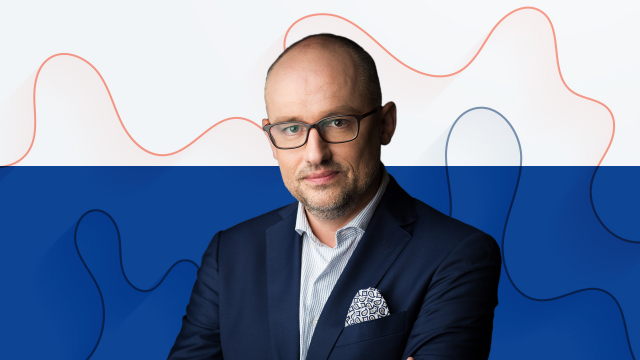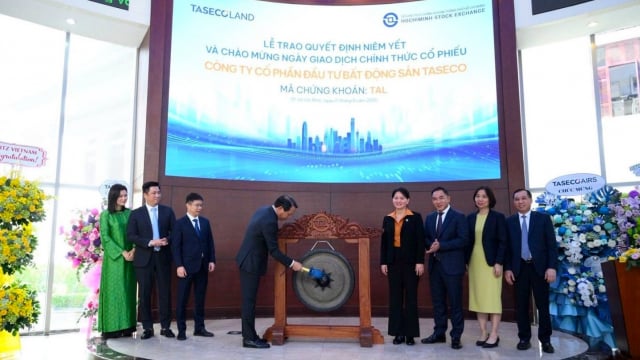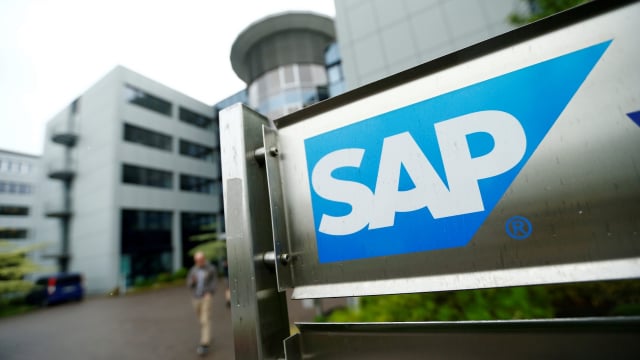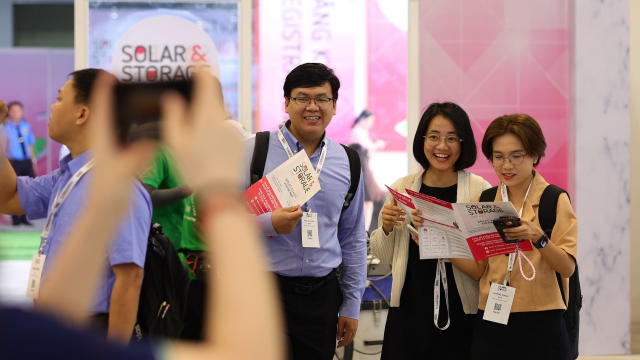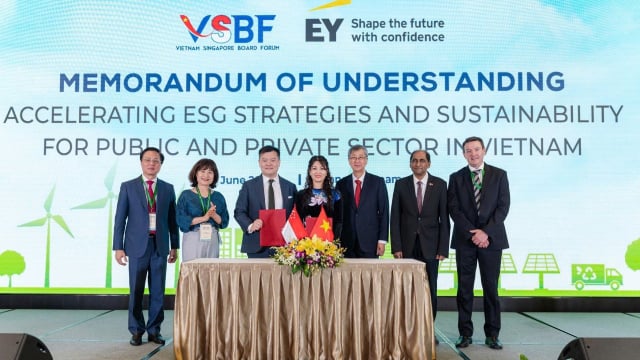Business
Vietnam Airlines seeks to prevent pilots from job-hopping
Vietnam Airlines is struggling to retain its pool of qualified pilots amid the so-called excessive competition in the aviation industry, despite a heavy upfront cost poured into recruiting and training these pilots.

Vietnam Airlines is seeking government's permission allowing it to set wages for pilots by its own in order to prevent further job-hopping.
Duong Tri Thanh, CEO of the national flag carrier told a meeting of Prime Minister Nguyen Xuan Phuc with high-skilled workers last week that the airline was coping with a brand drain on the back of a rising number of airlines joining the local aviation market.
To attract qualified and experienced pilots from well-established airlines like Vietnam Airlines, newcomers have been keen on offering more attractive salary package to these talents.
Data provided by Vietnam Airlines showed that it currently has a pool of up to 1,200 pilots available, out of the total 20,000 employees.
Some 25 years ago, pilots and engineers were mainly trained overseas, at a cost of about $200,000 per person. The cost was chiefly funded by official development assistance, the airline’s capital and some other sources.
Since 2000, Vietnam Airlines has taken the initiative to self-finance its pilot training and recruitment expenses. With the development of its domestic training institution, Vietnam Airlines has been able to train and employ nearly 800 local pilots and 2,500 engineers.
The airline is recruiting 400 foreign pilots.
According to Thanh, it takes up to three to four years to train an Airbus A320 or A321 captain and even as twice as much of the time for an Airbus A350 or Boeing 787 captain to be qualified.
“In the early stages of development, Vietnam Airlines considered that it was our responsibility to train a general pool of pilots. Yet losing almost 30 per cent of our pilots in a fleet to competitors is not reasonable. It costs us a lot of time and financial resources to train pilots and engineers. We thus cannot rest assured in our long-term investment into this given such instable and unsecured market,” Thanh said.
In order to retain high-skilled employees in the context of the fiercer competition, Thanh acknowledged the importance of upsizing the paycheck and ensuring the best working conditions for them.
In addition to an insurance package worth up to $17,300, Vietnamese pilots’ remuneration package has grown to reach some 75 per cent of their foreign counterparts over the years. On average, each Vietnamese pilot earns $6,500 on a monthly basis – an ideal income level in the local market, according to Thanh.
While recognising the current competition in the field, it is unfortunately not in Vietnam Airlines’ power to raise the pilot pay up high on its own as the airline is still a state-controlled enterprise.
Thanh therefore suggested the government to come up with a new decree to allow companies like themselves to take control of their policies, to help them retain skilled employees, and in this case to resolve the pilot shortage for airline.
Vietnam Airlines is operating more than 100 aircraft while its competitor Vietjet boasts a fleet of 70 and Bamboo Airways 10 planes.
Vietnam Airlines contests claims against pilot matters
LG Innotek secures $200 million IFC loan following revenue drop
LG Innotek Vietnam Hai Phong secured a $200 million IFC loan as revenue slows, aiming to expand camera module production while meeting sustainability targets.
Leading with empathy in Vietnam’s billion-dollar investment flows
For Koen Soenens, Sales and Marketing Director at DEEP C, empathy is a compass that guides major deals, the way a leader builds a team, and the ambition to create a sustainable industrial zone that carries a Vietnamese identity.
Taseco Land’s new logo marks a new growth trajectory
Taseco Land has shifted its listing to HOSE and introduced a new upward-pointing arrow logo - a visual statement of its strategy to raise capital, expand its land bank, and strengthen its standing in Vietnam’s real estate sector
SAP positions Vietnam as key R&D hub with €150 million investment
Located in the heart of Ho Chi Minh City, SAP Labs Vietnam is the second SAP Labs Network hub in Southeast Asia, following Singapore and is one of 20 countries that have SAP Labs globally.
Solar & Storage Live Vietnam returns, leading sustainability and innovation in energy sector
Solar & Storage Live Vietnam event has been running since 2017 and the 2025 edition will be the biggest yet.
New alliance pushes ESG standards for Vietnamese businesses
A new partnership between EY and the Vietnam-Singapore Board Forum (VSBF) is set to strengthen ESG capabilities for Vietnamese businesses, helping shape more sustainable business models.















